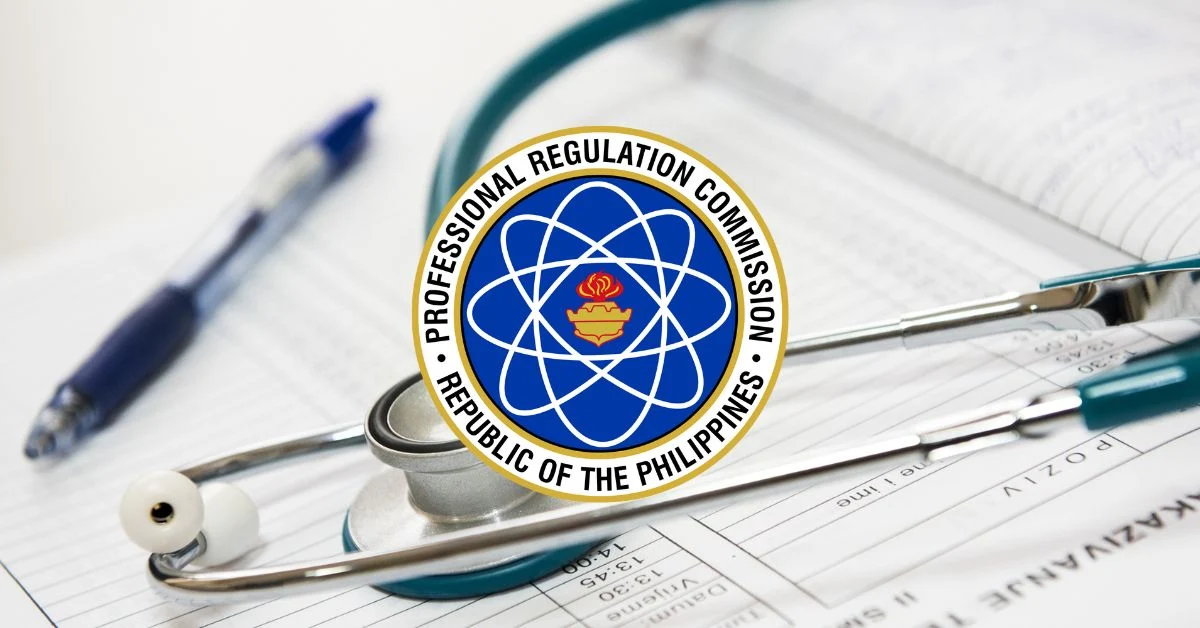Your dream of becoming a licensed physician is just a step away as you prepare for the Physician Licensure Exam (PLE). This exam is challenging but also very rewarding. It’s a crucial and memorable part of your medical career journey.
Here are some tips and advice to help you develop a well-crafted study plan for the PLE.
1. Know your strengths and learn to prioritize
Which topics are you good at, and which ones need extra time for study? By evaluating your current knowledge and skills, you can effectively allocate your study time to cover more topics and achieve mastery. You must also learn to prioritize key subjects and those that need more time in mastery, such as medical jurisprudence, pathophysiology, legal medicine, surgery, etc.
2. Set clear and achievable goals
Every week, set a goal that’s realistic and clear. For instance, you set to cover 5 chapters of a textbook, or set 1 chapter for 1 hour. By learning to break down the parts into manageable time, you don’t get overwhelmed and also get motivated with the progress you’re making. Do not forget to factor in the time required to prepare reviewers and questionnaires, as those also require a lot of work.
3. Be consistent, avoid burnout
Studying for the PLE is all about consistency and discipline. Due to its extensive coverage and range of topics, studying for the PLE can be very daunting. Make sure to stick to the study plan you created. Avoid burnout by taking regular breaks and getting enough sleep. You can also include in your study plan a 1-hour break in between to walk, listen to music, or play with your pet to help refresh your mind and keep you going.
4. Learn active learning techniques
Active learning tips can help you study better because they help you absorb and comprehend topics better than just memorizing them. Here are some techniques you can try:
- Spaced Repetition: This works well for topics that are heavy on memorization, such as pharmacology or pathophysiology. It involves reviewing materials at increasing intervals to help enhance long-term retention.
- Case Studies and Problem-Based Learning: Reading case studies helps you practice applying medical knowledge to real-life scenarios, such as diagnosing conditions and formulating treatment plans.
- Mock exams: Answering full-length exams can help you familiarize yourself with the type of questions you may encounter. It also helps you manage your time and analytical skills when you start answering the actual exam.
5. Stay connected and update
Many individuals tend to shut off from public life to focus only on reviewing for the exam. While some people may find this effective, others may find motivation from staying connected with others. Staying connected with a study group or peers can boost your confidence and motivation. Selecting your circle during the study and preparation phase is crucial. Learn to recognize when your peers are an inspiration or a distraction.
6. Take advantage of digital resources
One of the biggest mistakes you can make is to rely solely on your class notes and the knowledge you learned from your professors. Having access to diverse sources of knowledge will open you to different learning styles and skills. Maximize digital sources such as e-books, journals, and video lectures to keep you updated with the latest contents and other developments. It can also be the perfect resource for changes in medical guidelines and others.
There are numerous ways to prepare for the PLE, but what's crucial is your motivation to begin and persist. Remember, discipline will enhance your chances of success. Good luck!
— Sally, The Summit Express


